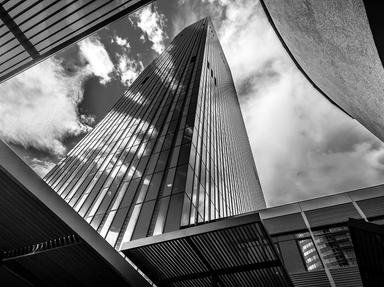
The Great Dictator(s) Trivia Quiz
This quiz has nothing to do with the Charlie Chaplin film. We're dealing with actual dictators. See if you can match these despots with the nations over which they held sway.
A matching quiz
by wilbill.
Estimated time: 3 mins.
